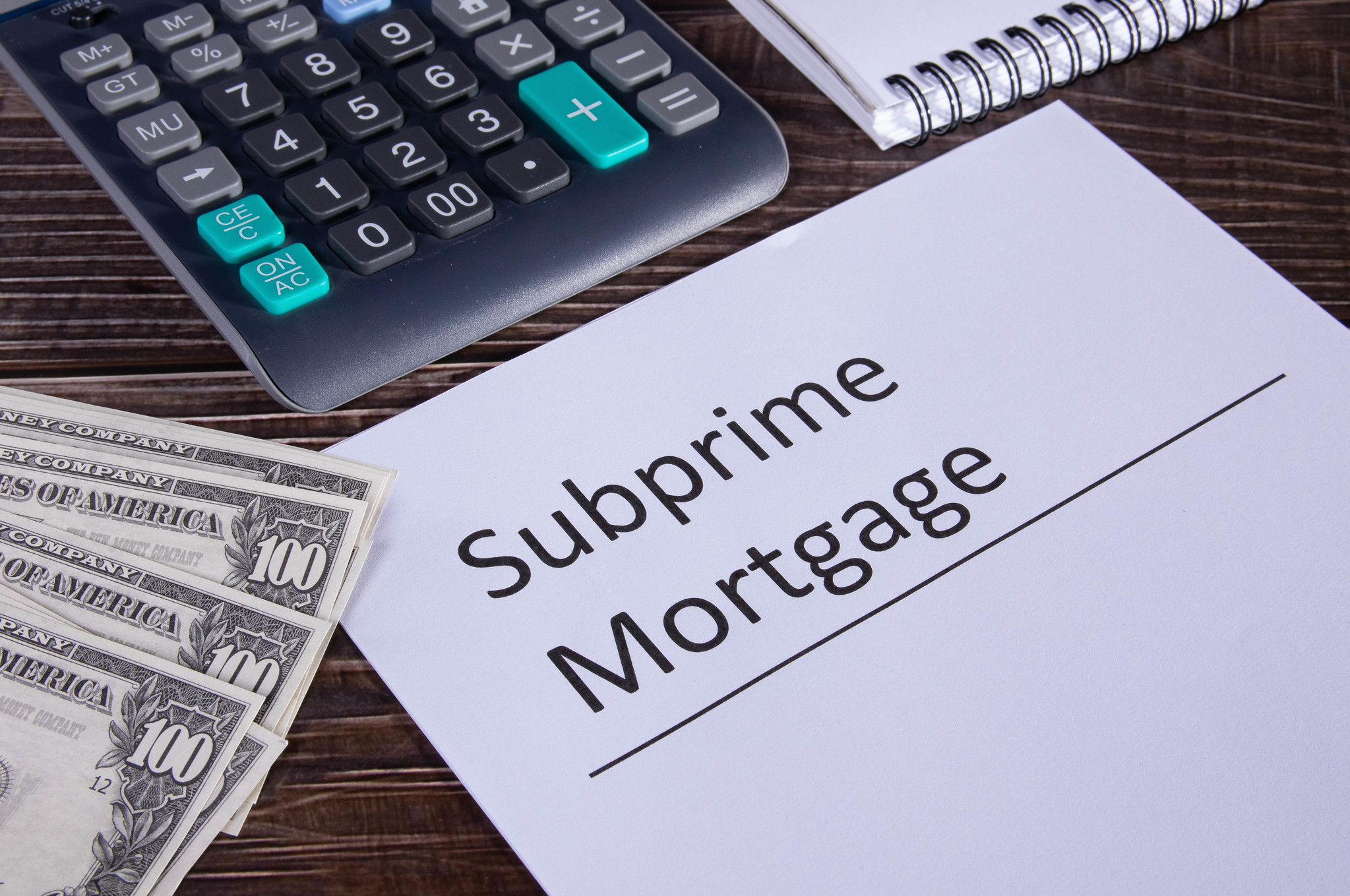
Even After the Scandal, These Predatory Mortgages Still Exist
We have all heard of the subprime predatory mortgage scandal, but you may not know what it was. In a nutshell, this scandal involved lenders giving mortgages to borrowers with lower (subprime) credit scores. The problem with that practice was that the lenders were financing loans knowing that the borrowers might be unable to pay. That happened, leading to a number of foreclosures, and helping lead to the Great Recession.
While banks have supposedly done away with subprime mortgages, they have brought them back under a different name. Nonprime mortgages are essentially the same as subprime mortgages.
How do you know if you are being qualified for a subprime mortgage? Well, the first thing to consider is whether you have subprime credit. Usually, a FICO score below 619 is considered subprime. People with subprime credit usually cannot qualify for conventional mortgages.
Why is subprime lending risky? We already know why it is risky for banks. People with subprime credit have an established history of either too much debt, slow-pays, no-pays, or other negative things. The more negative things on your credit report, the less likely it is that you will pay your mortgage. Therefore, the risk of foreclosure increases.
However, subprime lending is also risky for borrowers. Most people with bad credit do not have it by choice. Instead, people’s credit scores usually drop because of changed financial circumstances that were out of their control. Job loss, medical issues, or even just inflation can all impact people’s ability to pay their mortgages. Having subprime credit means it is less likely that you have a financial safety net. It also makes it less likely you will be able to get other credit or negotiate with a lender if you experience a financial emergency.
Subprime mortgages also cost you more money. Because they come with higher interest rates, they can end up costing you tens of thousands of dollars more over the life of the loan. That translates to higher monthly payments, which, of course increase the likelihood that you will be late in payments or even default on your mortgage.
Do not settle for a subprime predatory mortgage. By planning ahead, you can improve your credit score before buying a house. You may do that by focusing on paying down some existing debts. You can also have a credit repair company correct any errors in your credit reports. The better your credit, the lower your interest rate, the lower your payments, and the lower your chance of defaulting on your mortgage.
